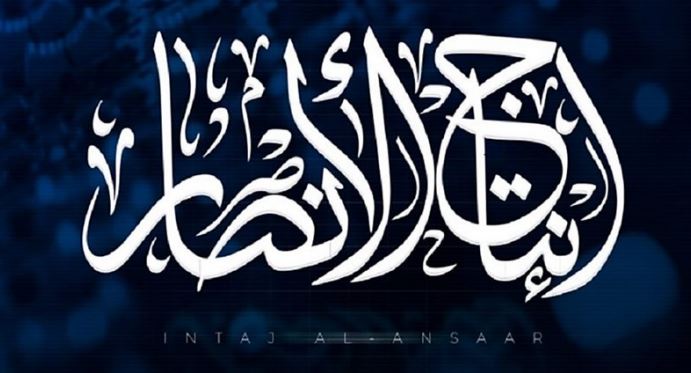The Islamic State (IS) has published an editorial in its weekly publication, al-Naba, in an effort to address and resolve the enduring internal conflicts and infighting that have been plaguing its online media network since last year. The editorial, titled “Psychological Warfare”, strongly suggests that the group is increasingly concerned about the impact of these divisions on its image and reputation amongst its support.
The editorial attributes these “internal divisions” to psychological warfare campaigns waged by intelligence agencies, think tanks and other Muslim scholars that aims to tarnish the group’s image, creating mistrust and division among its followers. It warns that these campaigns can lead to the spread of rumors, disinformation, and leaks.
The editorial specifically mentions the release of internal IS documents by anti-IS online media outlets, such as ‘Fadh Ubbad al-Baghdadi wal-Hashimi’, portraying the group in a negative light. It also suggests the promotion of alternative groups, such as the Taliban and Hayat Tahrir al-Sham (HTS), presented favorably as a means to weaken IS.

IS leaders] al-Baghdadi and al-Hashimi”. Fadh Ubbad al-Baghdadi wal-Hashimi emerged around November 2021 (Source: BBC Monitoring)
The mentioning of Fadh Ubbad al-Baghdadi wal-Hashimi is probably a direct response to al-Hashimi’s recent criticism of quality of the April issue of al-Naba. In this, al-Hashimi claimed that there was an ’emergency’ in the IS media department, mainly in the oversight processes.
The editorial advises its supporters to remain faithful and patient, even in the face of weakness or setbacks, avoid engaging with controversial claims or hostile comments. It stresses that confronting psychological warfare is a collective responsibility, particularly for media operatives who must be vigilant and aware of the nature of the conflict.
Despite efforts to curb infighting among its supporters, IS has failed to put an end to the ongoing divisions and public disputes amongst its support. IS supporters have also alleged that some outlets are part of enemy intelligence operations, several media groups continuing to raise suspicions about individuals and outlets within the pro-IS media ecosystem. This level of distrust is logical given the international counter-terrorism pressure the group faces and the amount of emphasis it places on security.
The infighting amongst IS support had led to heated ideological disputes, with supporters accusing each other of promoting ultra-extremist views of a defeatist ideology. Even official IS media output has caused internal friction and division.

This al-Naba message appears to have been interpreted by IS supporters as a call to heed the group’s warning and avoid engaging in internal conflicts. However, it remains to be seen whether the editorial will be effective in resolving the divisions and restoring unity among IS’s online supporters.
Such ‘Fitna’ is not new among IS supporters, rifts dating back to 2017, even before the fall of the Caliphate.

